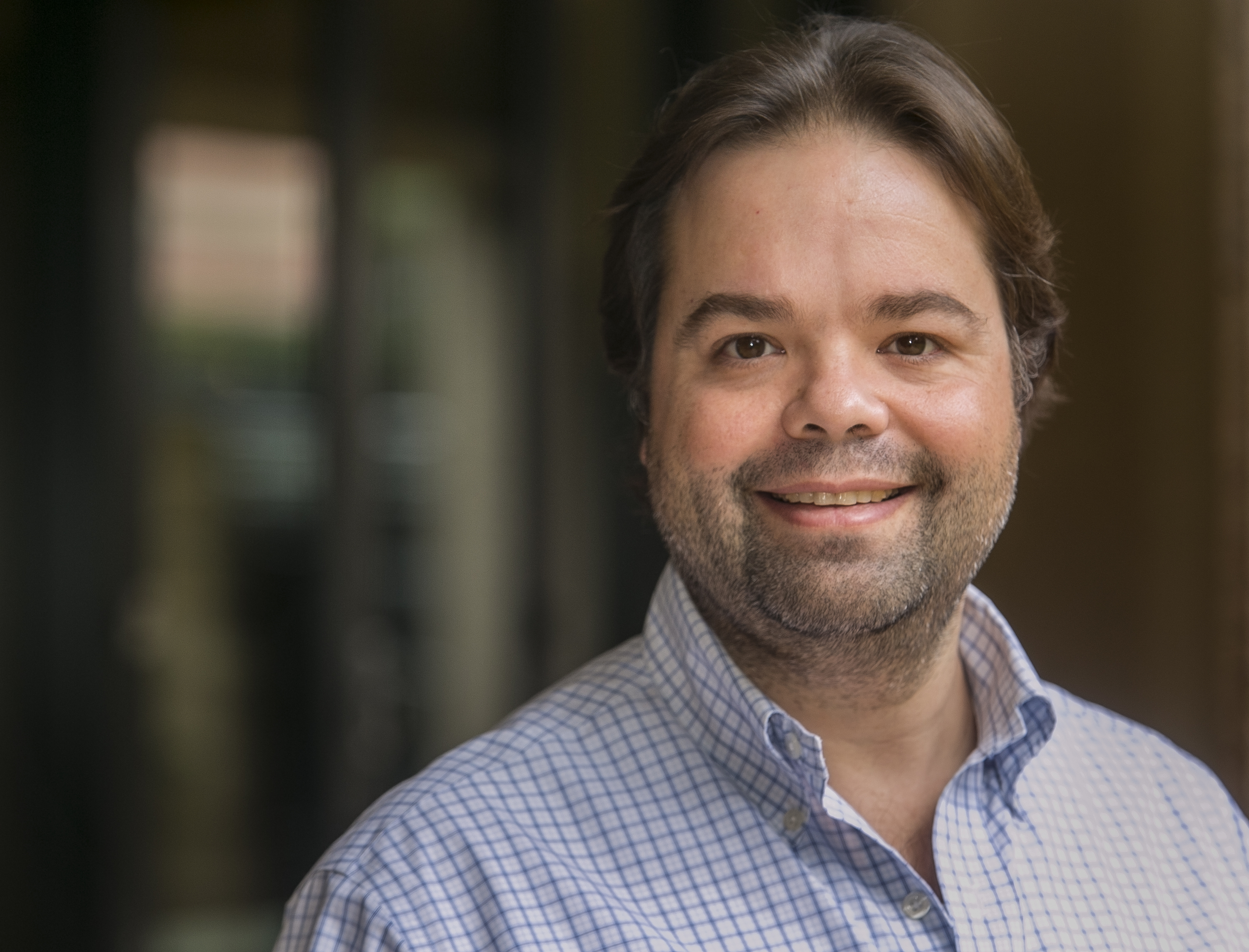PSB 2018 Keynotes

- Inaugural Chair of the Department of Biomedical Data Science
- Founding Director of the Stanford Center for Computational, Evolutionary, and Human Genomics
- Stanford University
Abstract coming soon.
For the past 15 years, Dr. Carlos Bustamante has led a multidisciplinary team working on problems at the interface of computational and biological sciences. Much of his research has focused on genomics technology and its application in medicine, agriculture, and evolutionary biology. His first academic appointment was at Cornell University’s College of Agriculture and Life Sciences. There, much of his work focused on population genetics and agricultural genomics motivated by a desire to improve the foods we eat and the lives of the animals upon which we depend. He moved to Stanford in 2010, to focus on enabling clinical and medical genomics on a global scale. He has been particularly focused on reducing health disparities in genomics by: (1) calling attention to the problem raised by >95% of participants in large-scale studies being of European descent; and (2) broadening representation of understudied groups, particularly U.S. minority populations and those from Latin America. Taken together, this work has empowered decision-makers to utilize genomics and data science in the service of improving human health and wellbeing. His future goal is to scale these operations from focusing on researchers to consumers and patients, where we ultimately want our work to have the greatest impact.
Dr. Bustamante also has a strong interest in building new academic units, non-profits, and companies. He is the Inaugural Chair of the Department of Biomedical Data Science, the first new department that Stanford has started in 14 years. He is Founding Director (with Marc Feldman) of the Stanford Center for Computational, Evolutionary, and Human Genomics and former Founding Associate Director of the Cornell Center for Comparative and Population Genomics (3CPG). He serves as an advisor to the US federal government, private companies, startups, and non-profits in the areas of computational genomics, population and medical genetics, and veterinary and plant genomics. He is the founder of Arc-Bio (formerly IdentifyGenomics and BigData Bio) and current chair of it’s Scientific Advisory Board as well as an SAB member of multiple companies listed below. Finally he is the Owner and President of CDB Consulting, LTD., an expert witness, IP, and strategy consulting group.

- Assistant Professor and Associate Director of Bioethics Research
- Center for Translational Bioethics & Health Care Policy
- Geisinger Health System
Precision health and medicine is transforming biomedical research and care with its inside, outside, upside-down approach to data. We’re looking at more data inside the clinic and inside the body; more data generated from sources outside the clinic walls and outside the body; and more data contributed directly by patient-participants. Non-traditional data sources (including retail, social media, online search activity, environmental, wearable, sensors, etc.) are being integrated with traditional clinical data sources, and holistic approaches are being explored to address social determinants of health and disease along with the biological determinants. This conceptual shift to recognize all data as potentially relevant for health research and care poses a direct challenge to the sector-specific way in which the United States operationalizes privacy protections, access rights, and controls to ensure fairness. With big data and machine learning, there is an increased granularity with which health and disease phenotypes can be defined, discerned, and predicted. Increased information about individuals and groups of people along with increased access (by some) raises a number of challenges, including the presence of “data haves” and “data have nots.” Data disparities potentially limit civil rights enforcement opportunities and prevent us from otherwise optimizing benefits/risks across our human family. These challenges are particularly acute in light of privatization of precision health and medicine initiatives. In this ELSI keynote address, I will provide an introduction to the myriad of civil rights authorities from which we could draw protections for fairness. I will highlight ways in which protective boundaries for civil rights are breaking down and reasons why we should be concerned about the ways in which algorithmic black boxes abound. After underscoring (1) how deliberate indifference to existing disparities and biases in health and research (including but not limited to racial and ethnic biases) does constitute unlawful intentional discrimination and (2) how equality and equity are distinct concepts of fairness, I will articulate tangible ways (including increased pressure for enforcement of protections from disparate impacts) in which we all could do more to eliminate racial discrimination in all its forms. Our future is not inevitable, and bioinformaticians are uniquely situated to help us shape our society into one that values fairness.
Jennifer K. Wagner, J.D., Ph.D., is Assistant Professor and Associate Director of Bioethics Research in the Center for Translational Bioethics & Health Care Policy at Geisinger Health System (Danville, PA, USA) and is a licensed, practicing attorney in Pennsylvania. She earned her J.D. at the University of North Carolina in 2007 and her Ph.D. in Anthropology at the Pennsylvania State University in 2010 before completing post-doctoral research appointments at Duke University’s Institute for Genome Sciences & Policy and the University of Pennsylvania’s Center for the Integration of Genetic Healthcare Technologies. She has a K99/R00 NIH "Pathway to Independence Award" from the National Human Genome Research Institute. Prior to joining Geisinger, Dr. Wagner served in a U.S. Senator’s office in Washington, DC as a 2014-2015 AAAS Science & Technology Policy Congressional Fellow, where she managed the judiciary portfolio and assisted with privacy, health, consumer protection, and environmental policy. She is a contributing editor to the Genomics Law Report, member of the ASHG Social Issues Committee, co-chair of the Ethics Committee for the American Association of Physical Anthropologists, and member of the Ethics Committee for the American Association of Anthropological Genetics. Dr. Wagner is on Twitter @DNAlawyer.
